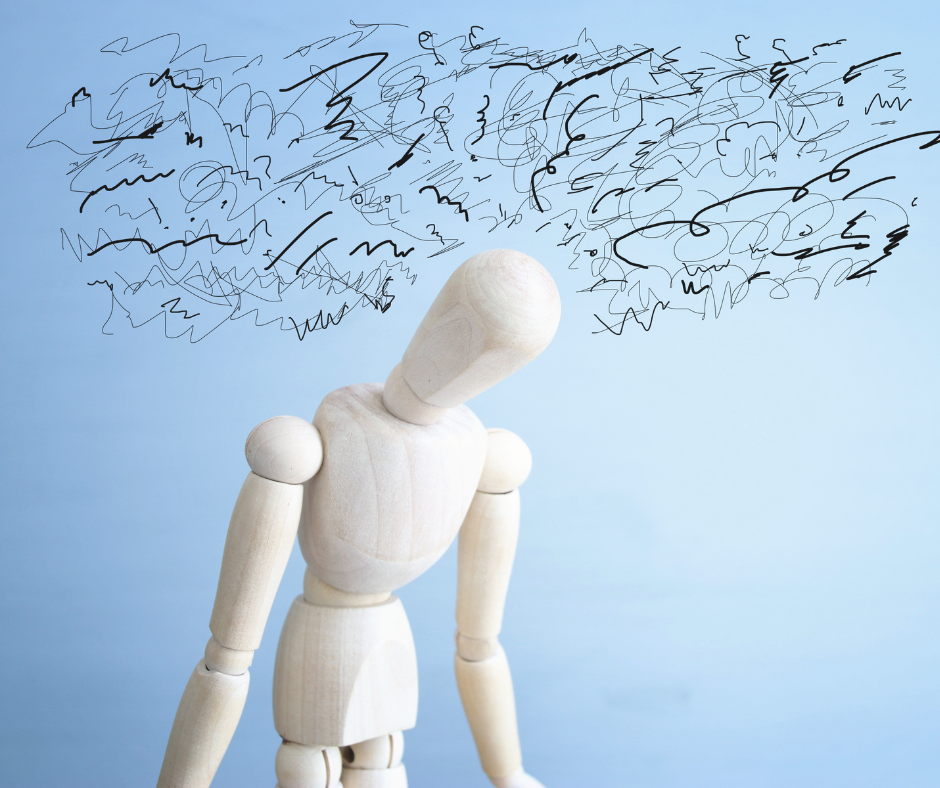OCD is a hugely misunderstood mental condition. In popular culture, obsessive-compulsive disorder (OCD) is often portrayed through characters who can’t bring themselves to step on cracks in the sidewalk, are germaphobes, or are obsessed with organization. But this misrepresentation of OCD being quirky or funny can keep people from seeking help. They think they just need to ‘get it together’ and deal with it. In fact, OCD can be debilitating.
While it is true that individuals with anxiety disorders may be confronted by intrusive thoughts, ruminate, and perform certain coping behaviors, in OCD, the worry, fear, and compulsive behaviors become so all-encompassing that they impair the individual’s ability to function.
Individuals with OCD are haunted by unwanted and invasive thoughts that are often self-critical, fear-inducing, or disturbing. They feel they must indulge in time-consuming compulsions just to keep themselves or their loved ones safe. They may even have tried to overcome their disturbing obsessions and compulsions with little to no success and now feel powerless to stop them.
OCD is made up of two parts:
- Obsessions, which are intrusive, unwanted, and persistent thoughts, urges, or images that cause marked anxiety or distress; and
- Compulsions, which are excessive urges to repetitively perform certain behaviors or mental acts to counteract, suppress, or prevent those recurrent thoughts.
Obsessions
Not all recurring thoughts can be categorized as OCD obsessions. Obsessions are thoughts that the individual doesn’t like or want, as opposed to repetitive thoughts that people enjoy. For example, a person might say, ‘I’m obsessed with baseball.’ This means they like baseball. They may even spend a lot of time ‘compulsively’ following baseball. But this doesn’t interfere with their life. It is something that is welcomed, not something they are trying to avoid.
OCD-related obsessions can include unwanted sexual thoughts, religious obsessions, fear of contamination (by dirt, germs, chemicals, or other substances), fear of losing control of yourself, fear of being responsible for harm to oneself or others, fear of illness, and countless other concerns. These can be summarized into four main fears or threats to physical status, spiritual status, mental status, and social status.
Compulsions
Compulsions are whatever makes the person feel safer and can involve:
- Washing and cleaning tasks (including personal hygiene)
- Checking behaviors (such as checking news headlines over and over to ensure that nothing terrible has happened or checking multiple times that a door is locked)
- Repetitive comparisons of oneself to others
- Repeated actions such as blinking or tapping
- Performing specific activities multiple times (e.g., opening and closing doors, going up and down stairs)
- Seeking reassurance by asking lots of questions (possibly including the same or similar questions over and over)
- Internal actions such as repeated prayers, counting rituals, and repeated mental review or replaying of past scenarios and interactions
- Seeking symmetry through repeating, ordering, and counting
- Avoidance of the fear stimulus or threat (such as never approaching heights)
- Distraction from the present experience of discomfort and attributing positive outcomes to not attuning to it (such as taking a sleeping pill on a flight to distract from a possible panic attack)
- Substance use to avoid and numb against feeling their fears and discomfort
Sometimes, the compulsion seems logical, such as checking the stove 20 times before you can leave home because you have a fear of burning down the house. In other situations, the compulsion seems unrelated, such as holding your breath for a minute whenever you think about a loved one dying.
Engaging in those compulsions doesn’t help your mental health, and it certainly doesn’t guarantee the fear will not come true. But at the time, it feels necessary.
Treatment
We can help you understand your thoughts and fears to address them in healthier ways. One highly effective technique in OCD treatment is Exposure and Response Prevention (ERP), a type of Cognitive Behavioral Therapy (CBT). This treatment lets you walk toward uncertainty and discomfort and experience your obsessions and resist the need to react to them. Through this, you discover that your compulsions aren’t necessary for keeping yourself safe. You will also learn a lot of patience and self-compassion to stop fighting against yourself and let go of rigidity throughout your life.
Other Related Issues
- Body Dysmorphic Disorder – preoccupied thoughts about perceived defects or flaws in physical appearance that may are not observable or appear only slight to others
- Hoarding Disorder – a perceived need to save possessions accompanied by persistent difficulty discarding or parting with possessions
- Body-Focused Repetitive Behaviors (BFRBs), including Trichotillomania (hair-pulling, and Excoriation (skin-picking). Obsessions or preoccupations do not trigger BFRBs. However, they may be preceded, or accompanied by, various emotional states that compel the behavior out of a need for gratification, pleasure, or relief. Decreasing or stopping these behaviors seems difficult, if not impossible, to those suffering from BFRBs.
If you think that you or someone you love struggles with OCD, please reach out to us. The International OCD Foundation might also guide you toward resources that will help begin the process of healing.

